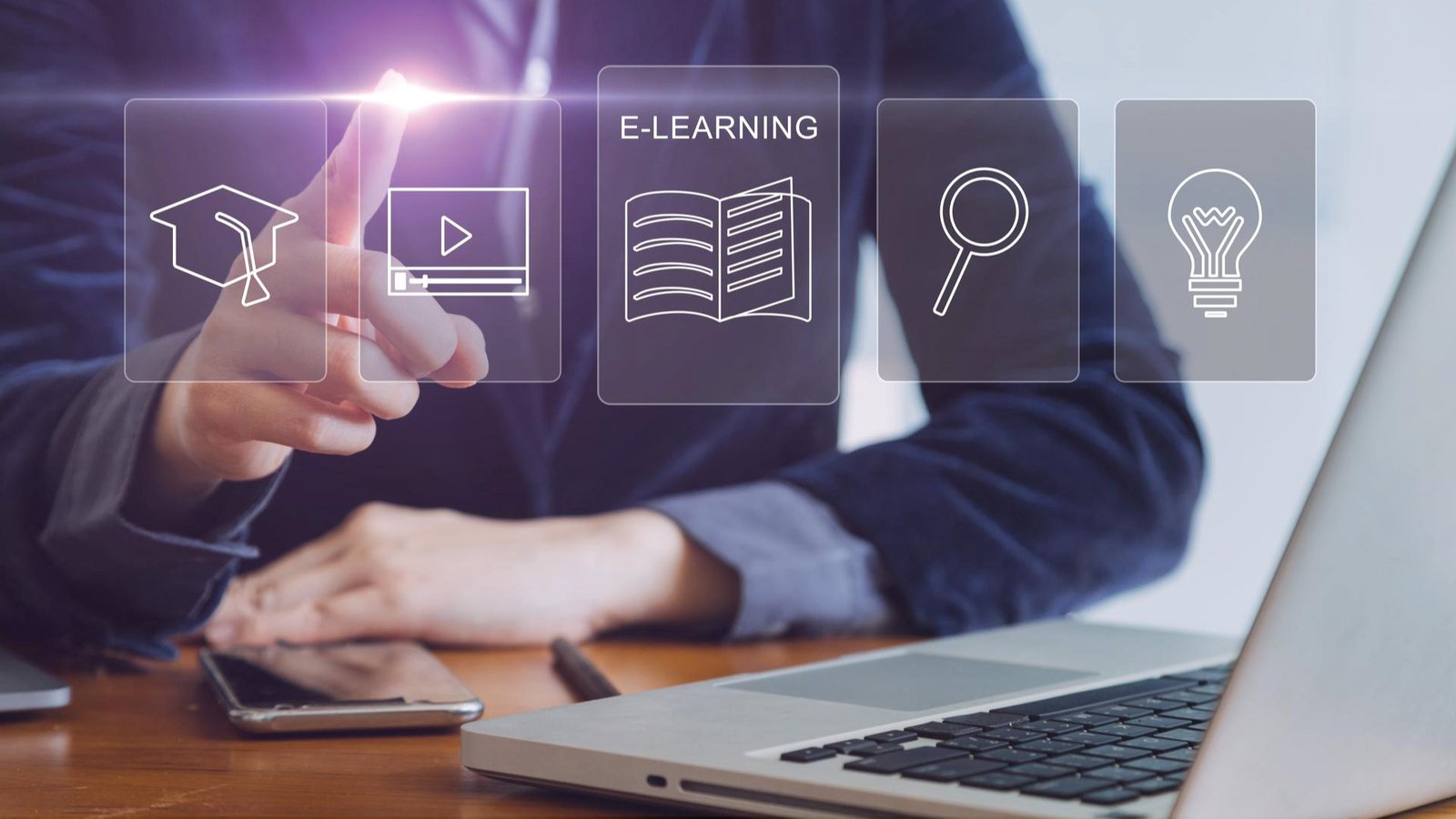Unlock 35% better talent readiness by 2026 with personalized, adaptive learning—here’s how.
For decades, corporate learning strategies have centered on efficiency—standardized content, uniform delivery, and mass participation. But in 2025, where skills have a shorter shelf life than ever before, the real question is: can one-size-fits-all training meet the demands of a hyper-specialized, AI-driven world?
Table of Contents:
1. The Limits of Mass Learning
2. Data Takes the Driver’s Seat
3. A Strategic Business Lever
4. The Buy-In Gap
5. Learning Must Evolve with Work
The Real Question for Leaders
1. The Limits of Mass Learning
Global upskilling investments topped $370 billion in 2024 (Statista), yet more than 40% of enterprise learners still report content irrelevance as their biggest frustration (LinkedIn Workplace Learning Report, 2025). This disconnect reveals a core flaw: scalability has often come at the expense of effectiveness. Traditional learning models prioritize completion rates and compliance checkboxes. But in real-world business outcomes, relevance trumps volume.
Adaptive learning is emerging as the antidote. By responding to individual learning styles, pace, and knowledge gaps, adaptive learning technologies shift the focus from participation to performance. Companies deploying these systems report up to 30% higher skill retention and 50% faster time-to-productivity among learners (McKinsey, 2025).
2. Data Takes the Driver’s Seat
The power behind this shift lies in data. Education technology platforms now integrate behavioral analytics, AI-based assessments, and predictive modeling to craft learning journeys that evolve with the user. This goes beyond personalization—it becomes learning intelligence.
Modern adaptive systems adjust content in real time, offering scenario-based learning, feedback loops, and dynamic pathways based on learner engagement and mastery. And this precision doesn’t just benefit the learner—it creates a feedback loop for organizations, exposing skills gaps, forecasting talent needs, and optimizing L&D investments.
3. A Strategic Business Lever
High-performing enterprises no longer view continuous education as a support function. Instead, they embed personalized learning into career pathways, internal mobility programs, and even succession planning. At SAP, for example, the implementation of adaptive microlearning platforms led to a 43% increase in internal hires for emerging tech roles (Forbes, 2024).
The benefits of personalized learning for continuous education aren’t just theoretical. They directly impact workforce agility, innovation, and talent retention. By 2026, companies that integrate adaptive learning into their workforce strategy will outperform their competitors in talent readiness by 35%, according to a Deloitte prediction.
4. The Buy-In Gap
Despite the compelling ROI, many C-suites still hesitate. Concerns around data privacy, interoperability with legacy HR systems, and implementation complexity remain top of mind. But the reality is that education technology is no longer an isolated LMS tool—it’s becoming a modular, secure, and scalable component of the digital workplace.
Forward-thinking organizations are now partnering with platforms that offer API-first adaptive learning solutions, seamless data governance, and integration with performance management tools. This shift turns personalization from a siloed initiative into an enterprise-wide learning fabric.
5. Learning Must Evolve with Work
The future of work is fluid, distributed, and increasingly driven by human-machine collaboration. To succeed, organizations must enable lifelong learning at scale. That means treating learning not as a quarterly workshop or a compliance obligation—but as a continuous, data-driven experience.
The role of adaptive learning technologies in empowering lifelong learners will only grow as AI accelerates role redefinition. Investing in these technologies is not just about improving learning outcomes—it’s about staying relevant in an economy where yesterday’s expertise no longer guarantees tomorrow’s value.
The Real Question for Leaders
What happens if we don’t adapt? In 2025, the cost of outdated learning isn’t just lost productivity—it’s strategic irrelevance. The organizations that thrive will be those that stop asking if personalized learning is scalable—and start asking if anything else is.
Because in a world where change is the only constant, the ability to learn, unlearn, and relearn isn’t just a skill. It’s a survival strategy.
Discover the latest trends and insights—explore the Business Insights Journal for up-to-date strategies and industry breakthroughs!

